- Home
- Types of Addiction
- Stimulant Addiction Help & Treatment
Stimulant Addiction Help & Treatment
The term stimulant covers a wide range of substances.
At a basic level, sugar is a stimulant and billions are addicted to it throughout the world!
When it comes to toxic stimulants, especially those that are cut with unknown other substances, the health risks even more dangerous.
Illegal stimulants aren’t created under the regulations that protect health and don’t come with guidance on “recommended dosing”.
In 2021 in the UK, there were 873,000 people aged 16-59 who had used cocaine and 109,000 people who had used amphetamine.
It’s important to know a bit about stimulants because you might meet or know someone who uses them.
Perhaps you’ve been using stimulants and feel you might have developed problematic use.
What Are Stimulants?

Stimulants are a category of drugs.
They cover a wide range of substances including those that are both legal and illegal.
They work by stimulating the central nervous system.
This goes on to impact the functioning of the cardiovascular system and the respiratory system.
When people take stimulants illegally, they’re likely to experience powerful effects.
The desired effects people usually hope to get by taking stimulants are:
- Chattiness
- Wakefulness
- Increased energy
- A high/rush/euphoria
- Alertness
- Focus
Of course, stimulants also introduce unwelcome side effects such as anxiety and paranoia.
Depending on the type of stimulant, they can be taken orally, snorted, smoked or injected.
The Physiological Effects When You Take Stimulants
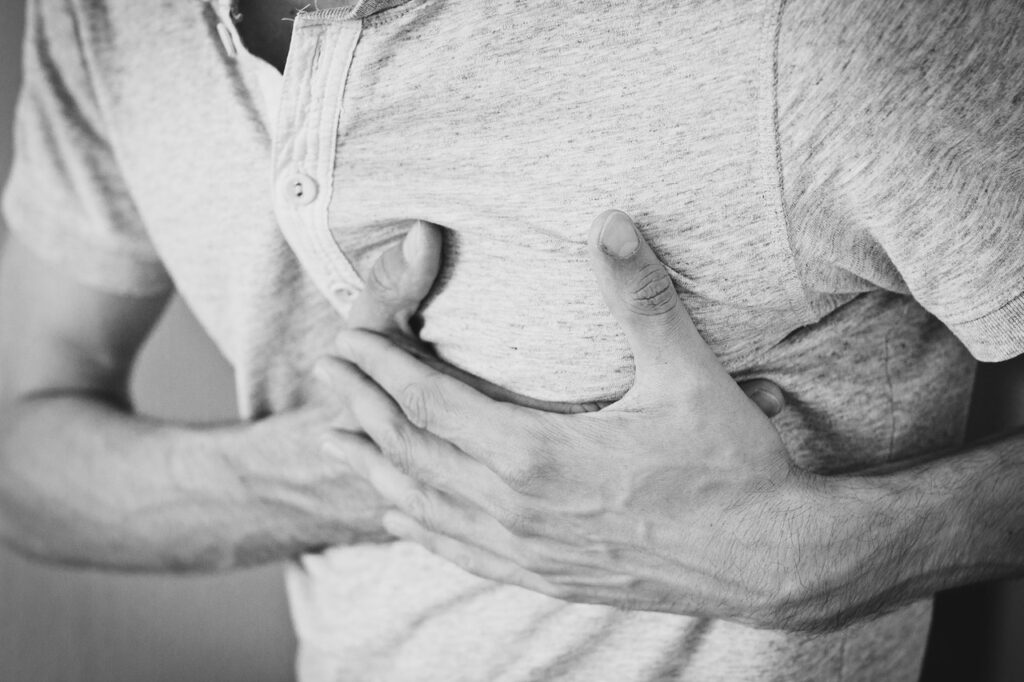
Stimulants have a direct impact on the brain and its functioning.
This ripples out so that users experience physical effects.
These include:
- Dilated pupils
- Masticating jaw, known as “gurning”
- Increased heart rate
- Increased temperature
- Restlessness
- Heart palpitations
- Chest pain
- Coughing (if smoked)
Stimulants can, of course, lead to heart attack and death due to the strain they put the heart under.
They have seriously powerful and negative health effects on the body.
Illegal drugs are also highly likely to be cut with various other unknown substances, which of course increases the chances of dangerous side effects.
What Types Of Stimulants Are There?

There are both legal and illegal types of stimulants.
You might know that coffee is a stimulant and it can cause addiction.
Many people who drink a lot of coffee every day will notice a headache if they don’t have coffee.
This headache is a symptom of withdrawal.
Legal Prescription Stimulants
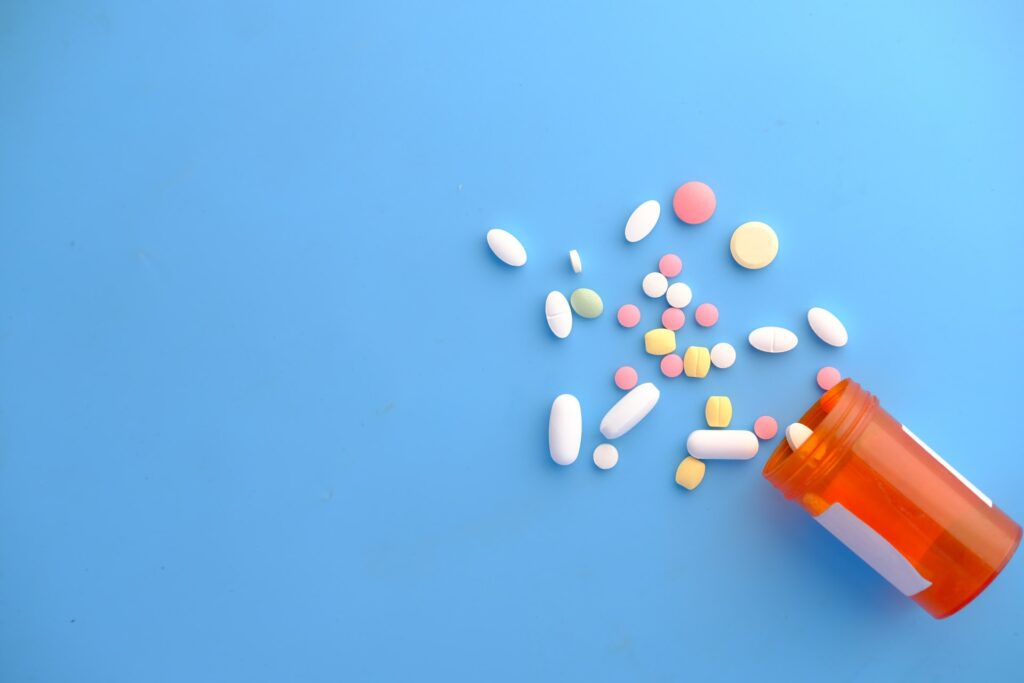
Legal stimulants in the UK include those that might be prescribed for ADHD, such as Ritalin and Elvanse.
Some with a prescription may come to abuse these, others might get hold of these stimulants illegally and abuse them.
Illegal Stimulants
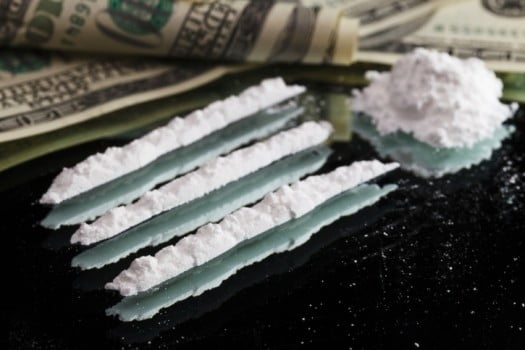
The most common illegal stimulants that are used in the UK are:
- Ecstasy also known as MDMA, which is an amphetamine. It’s very popular on the festival, clubbing and party scenes.
- Speed which is another amphetamine. On the whole, its use has been declining since around 1996, but it is popular amongst those who practise chem-sex.
- Crystal meth, again, is an amphetamine. It’s rare in the UK despite how popular it is in the U.S. It’s a substance with devastating effects that was reported to be £260 for a gram in the UK in 2013. In 2021, though, The Times reported there was evidence of it being used in Scotland. (For comparison, MDMA comes in at around £30-£40 per gram.)
- Cocaine has become hugely popular in recent years. It was reported in 2018 that the UK had the highest number of young cocaine users in Europe. It’s a drug which is glamorised in the media. Students and young people might be seen as those taking it around a “party lifestyle”, but it is also used by many city professionals too.
- Crack-cocaine which is made by mixing cocaine with water and baking soda and heating it. The aim is to separate the cocaine base from the salt it naturally occurs with. This creates a more intense high.
How Do Stimulants Create Addiction?
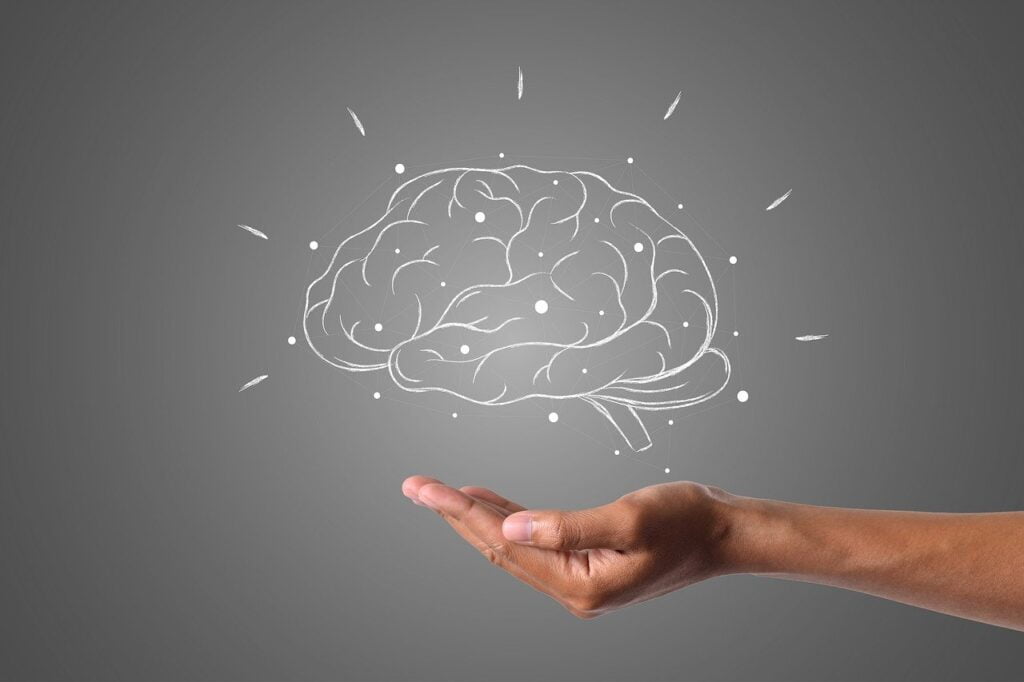
Stimulants affect the central nervous system.
They affect the reward system in the brain which is what controls dopamine release.
This is the chemical which enables us to experience the pleasure we might get from food or sex.
Stimulants trigger a huge release of dopamine and that can make a person feel euphoric.
This enjoyable feeling, as well as how awful a person might feel a few days after use, may cause a person to return to the drug again.
In the case of addiction, the stimulant user comes to rely on the substance to feel normal.
Eventually the natural dopamine reserve is so depleted there’s none left to release, meaning that the person can find it very difficult to experience any pleasure in general.
Serotonin, another brain chemical, which is a mood enhancer is also affected in a very similar way.
In some cases, it can take around 12-18 months for an addicted brain to rebalance its chemicals once the person has become sober.
Recovery is a journey and with the right support you can learn how to experience pleasure through alternative means until your brain has healed.
Factors That Can Lead To Addiction

Addiction is a disease, not a choice.
The brain is literally restructured by the substance in a person who is addicted which is what takes away their ability to control behaviour.
There are also background factors that together can lead to a person developing an addiction, including:
- Personality- It’s common for an addicted person to be naturally more “sensation seeking” and/or to have a low self-esteem.
- Genetic predisposition- Addiction commonly runs in families. Where one person has an addiction you’re likely to see other family members with addictions, particularly in childhood.
- Past trauma or the experience of PTSD.
- Mental health problems.
- Social influences- A person feeling isolated or who spends time with others using stimulants.
How To Tell If You Have A Stimulant Addiction

If you are wondering whether you have an addiction to stimulants, there are certain effects and behaviours that make this quite clear:
- Increasing the amount you take as you’ve built up a tolerance
- Mixing different stimulants to feel an effect
- Not being able to control use even when you try to
- Spending all your money on stimulants
- Manipulating others to get money to pay for drugs
- Negative effects on relationships
- Withdrawal symptoms demonstrating psychological addiction
What Withdrawal Symptoms Do Stimulants Create?

Stimulants create psychological addictions in people.
As such, their effects are largely felt in the mind, although some people might feel as though they have physical symptoms too.
This is especially the case where hormones and emotions have become dysregulated and can cause psychosomatic symptoms.
Withdrawal symptoms include:
- Intense cravings
- Mood swings
- Anxiety
- Depression
- Fluctuations in appetite
- Insomnia
- Suicidal thoughts
- Nightmares
Long-Term Effects Of Prolonged Stimulant Abuse
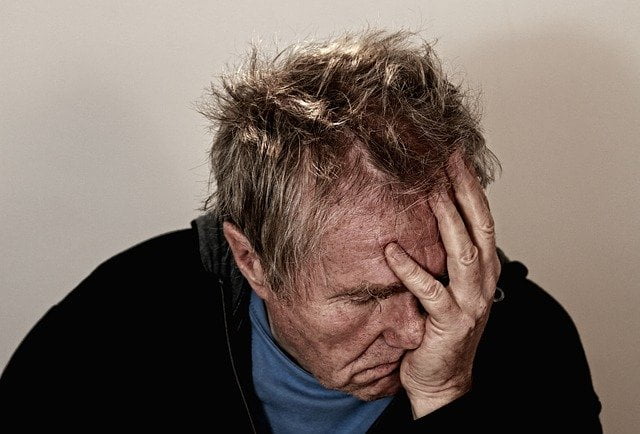
Where people use stimulants for years, there are inevitable consequences.
Stimulants impact the health of the mind as well as the body.
Long-term mental and physical health effects are as follows:
- Anxiety
- Depression
- Psychosis
- Schizophrenia
- Risk of blood borne viruses where needles were shared
- Toxin build up in the body- organs start to malfunction and this reduces the effectiveness of the immune system, making heart, lung and liver diseases more likely.
- Increased risk of illnesses and diseases, such as heart attack, stroke, cancer and dementia.
What To Do If Someone You Love Is Addicted To Stimulants

It’s really important if someone you love has an addiction to show genuine concern and interest in their situation.
While it’s a stressful and harrowing situation and you may want to cry and scream, remaining calm and effectively managing your emotions helps the situation hugely.
Do research on the drugs they’re taking so you can understand a bit about their effects and how your loved one might change their behaviour.
Acknowledge and accept that the addiction exists.
Don’t let it become the “elephant in the room”.
Social connection and keeping up a dialogue can improve the likelihood that your loved one will talk to you when they’re thinking about recovery.
Find out what treatment options there are.
This can be useful when the opportunity arises to discuss this.
A conversation like this, though, must be had at the right time when your loved one is as level-headed as possible.
Focus on the positive activities and behaviours of your loved and also what you can do together.
Anything you do where they aren’t using the stimulant is a positive and healthy moment and it can improve your relationship dynamics.
Have a plan of what to do in the event of an emergency.
Emergency services might need to be called, but also, you might need additional support if you have children or dependents at home.
Rehabilitation Treatment For Stimulant Addiction

There are various types of rehabilitation services you can access if you have an addiction to stimulants.
Outpatient services are available at both local NHS drug and alcohol services as well as at private clinics, though for the latter this is only available for people who were once residents at the clinic.
You stay living at home and go to clinic for a treatment at an arranged time.
This is useful for people who have mild substance misuse issues.
Inpatient services are where you enter rehab and stay for a length of time.
The majority of people will stay at rehab for around 28 days.
This is an ample amount of time that provides the chance to detox and immerse in therapies.
Withdrawal And Detox At A Private Rehab Clinic

Every person entering a rehab clinic will begin with a detox period.
This is overseen by medical staff who will ensure you’re safe and any uncomfortable psychological symptoms can be prescribed for if suitable.
Detox can be intense. but specialist staff will be available at all hours of the day.
At any point, should you need support, you can access caring and professional guidance to see you through those challenging moments.
Psychological Therapies And Holistic Approaches

It’s really important that you understand how addiction works, how it impacts the brain, how you think and your behaviour.
The impact on familial and social relationships as well as aspirations and goals is also important to think about.
A lot of learning and relearning needs to be had.
The therapeutic and social sessions you have at rehab support you to become self-compassionate and to start understanding how to change.
The therapies and activities you’ll participate in at rehab include:
- Counselling so that you can start sharing and processing your emotions. Sometimes counsellors give you advice and ideas on how to think differently.
- Cognitive Behavioural Therapy and Dialectical Behavioural Therapy support you to change how you think and how you emotionally respond so that you can develop healthier behaviours. Therapy is more “client-focused,” meaning the work and ideas might come from you.
- Motivational Interviewing is especially helpful in keeping your eye on sobriety. It’s also a useful space to develop your future goals.
- Art and music therapy so you can express your emotions or find moments of peace using creative means.
- Other holistic therapies such as yoga, equine therapy and mindfulness.
- Family therapies which seek to enable the family to work together cohesively to support family healing.
- 12 Step and SMART groups so you can socially connect to others with similar stories.
Rehab Support If You Have A Dual Diagnosis

Many people at rehab for addiction will discover that they also have a mental health disorder.
Oftentimes, people with mental health symptoms might turn to drugs in order to self-medicate.
This can lead to addiction.
When people use stimulants often, the effects can cause mental health problems because of how brain chemistry changes.
At rehab, residents are supported to address both areas.
This can be really insightful and make healing easier to come by.
Aftercare Support Around Stimulant Addiction

When you leave a private clinic, you’ll have an aftercare programme in place.
This will outline ways to manage triggers and cravings using techniques you have been practising at rehab.
There will also be an outline of ideas on how to change your life to help you manage cravings and to bring new interests into your life that are substance-free.
Ongoing support might be offered through the outpatient services and, of course, you can access local Narcotics Anonymous groups or private counselling.
Final Thoughts

Stimulant addiction is a real problem in the UK, whether it be to legal or illegal substances.
Many people begin using stimulants to feel euphoria or increased energy.
When people become addicted, their brains’ change structure which not only makes it easier for them to repeat addictive behaviours, but makes those behaviours compulsive.
When people lose control of how they use stimulants and are unable to stop taking them, the most effective way to become sober again is through accessing rehab.
Private clinics are especially effective at treating psychological addictions.
To find out what your local options are and find the most suitable treatment programme for your needs, contact Rehab Recovery today.


